GHANET embarks on health walk to promote HIV self-testing
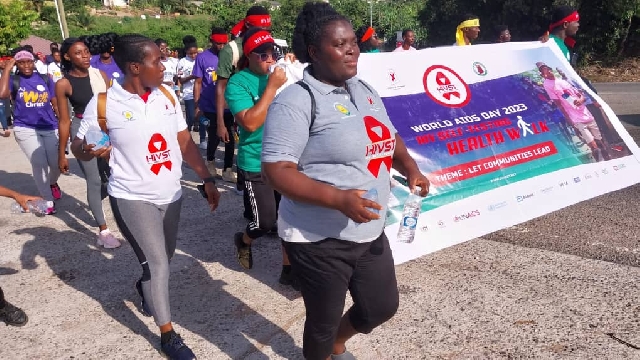 Particpants at the health walk at Ayi Mensah on the way to Aburi in the Eastern Region
Particpants at the health walk at Ayi Mensah on the way to Aburi in the Eastern Region
To address the HIV epidemic and champion an inclusive response, the Ghana HIV and AIDS Network (GHANET), in collaboration with the Network of Persons Living with HIV (NAP+) and other stakeholders, organised a health walk as part of the World AIDS Day activities over the weekend.
The walk aimed to raise awareness about HIV Self-Testing (HIVST) and the broader HIV/AIDS pandemic, encouraging individuals to protect themselves and prevent infection.
Under the theme ‘Let Communities Lead’, this year's World AIDS Day celebration seeks to empower those affected by HIV/AIDS to take active roles in initiatives working towards ending the disease as a public health concern by 2030.
The three-hour walk, starting from Ayi Mensah and ending at Peduase, involved participants climbing the mountain with determination, followed by intensive aerobics led by a fitness.
After the walk, Sebastian Ngmeneso Sandare, a member of the Health Committee of Parliament, stressed the importance of Ghanaians undergoing HIV self-testing to be aware of their status.
He emphasised the need for proactive measures in HIV prevention to ensure a healthy population.
Mr Sandare revealed the committee's efforts to secure timely release of antiretroviral drugs for HIV patients, aiming to facilitate easier access to vital medications.
“The Health Committee is committed to addressing potential shortages of HIV drugs and preventing delays in drug arrival at the port.
“Caring for HIV patients is a top concern, and the committee is working to prioritise it accordingly,” he assured.
Dr Stephen Ayisi Addo, the Programme Manager of the National AIDS Control Programme (NACAP) in Ghana, highlighted that a significant number of people living with HIV are still unidentified.
Out of the country's population, approximately 354,000 individuals have been identified, accounting for only 72% of the total number, indicating many Ghanaians are unaware of their HIV status.
Dr Addo emphasised the importance of promoting HIV self-testing, stating that knowing one's HIV status is crucial as advancements in treatment options make HIV no longer a death sentence.
He urged Ghanaians to build an inclusive environment, combat stigma and discrimination, and work towards a future generation free from HIV-related challenges.
UNAIDS Country Director for Ghana, Hetor Sucilla Perez, encouraged individuals to participate in HIV self-testing, highlighting its convenience and confidentiality.
He stressed the need for seeking healthcare support upon a positive result and adopting preventative measures for those testing negative.
The overarching goal is to encourage widespread HIV testing, aiming to end AIDS as a public health concern by 2030.
Mr Perez emphasised the importance of self-testing promotion, community engagement, and collective efforts to eliminate HIV-related stigma, discrimination, and inequality.
“By fostering solidarity and encouraging testing, seeking care, and combating stigma, Ghanaians can actively contribute to ending the HIV epidemic in the country,” he added.
Source: Classfmonline.com/Cecil Mensah
Trending News

Health Minister receives report on Zipline Medical Drone Service
16:59
No apology, but diplomacy: Israel pushes back on Ghana claim
20:43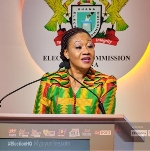
3 candidates in the race as EC schedules Kpandai rerun for Dec 30
19:57
Adu-Boahene case: Atta Akyea exposes inconsistencies in A-G witness’s EOCO testimony
06:45
Amasaman MP marks one-year anniversary of election victory, pledges accelerated development
06:46
NDC Legal Director thanks God for party’s election victory
03:36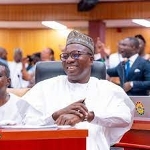
Majority Leader withdraws Special Prosecutor repeal Bill after President Mahama’s appeal
16:34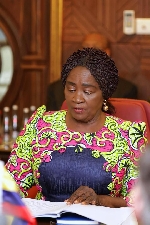
VP Opoku-Agyemang eyes English-teaching opportunities in Colombia as language, cultural ties grow
11:26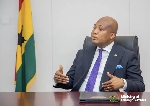
Ghana deports 3 Israelis in retaliation, gov'ts commit to resolution
19:29
CID, BoG arrest 41 in Accra crackdown on illegal forex trading
22:25




